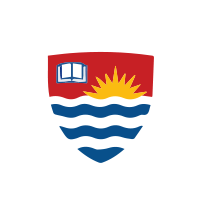项目概述 / Program Summary
The study of Sociology emphasizes the social relationships between people, communities and cultures. By exploring fundamental sociological theories, contemporary thinkers, and a variety of research methods, students will have the opportunity to examine topics including:
- Health and Aging
- Marriage and the Family
- Crime and Deviance
- Media and Popular Culture
- Science and Technology
- Gender and Sexuality
- Education
- Northern Communities
- Discrimination
- Social Change
Students will graduate with the necessary skills to facilitate quantitative and qualitative research and to think creatively and inquisitively in order to better understand social patterns, behaviours and issues.
Lakehead University faculty is actively engaged in diverse areas of research such as Gerontology, Education, Health, Demography, Media, Work and Occupations, Social Psychology, and Northern Studies, providing students with well-rounded course options taught by some of the foremost leaders in the field.
Lakehead University’s Faculty of Education prepares prospective teachers for a dynamic and rewarding career through unique and innovative programming. By emphasizing critical thinking skills and collaborative learning, students will have the flexibility to explore the teaching methods, concepts and values that are meaningful to them.
This program emphasizes practical, experiential learning to ensure students are fully prepared to enter into the workforce post-graduation. Lakehead University’s programs are continually adapted to encompass a variety of educational settings and training opportunities in two divisions:
- Primary-Junior (P/J): JK – Grade 6
- Intermediate-Senior (I/S): Grades 7-12
The Concurrent Education program allows students to take courses in both the Faculty of Education and the faculty offering their academic major before taking two years exclusively with the Faculty of Education; five-year program.
相似项目 / Similar Programs

4年学士学位
项目等级

72月
项目时长

$20635.00 加元 / 年
生活成本

$26500.00 加元 / 第一年
总学费

$135.00 加元
申请费用
